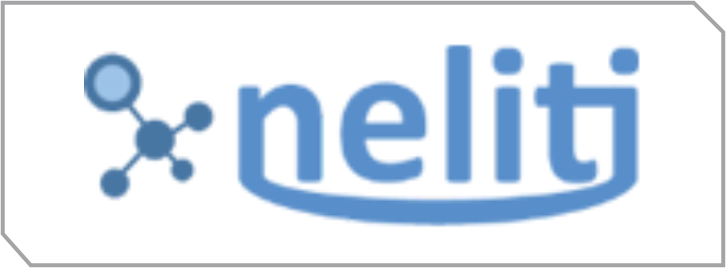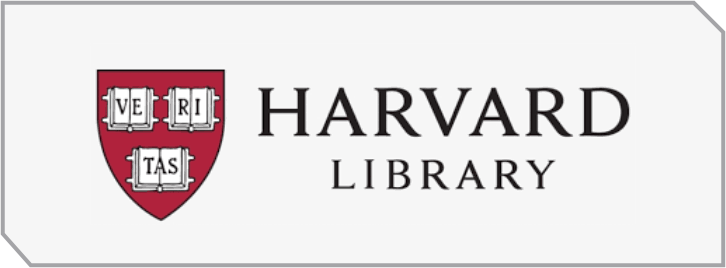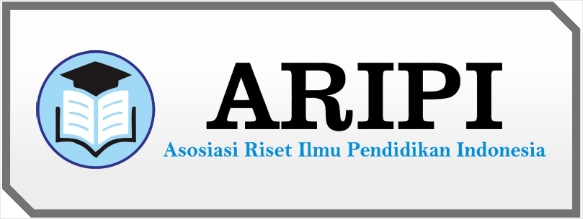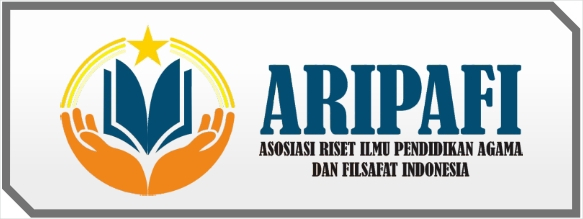Implementing TQM in Islamic Education: A Phenomenological Study of Management Practice at MTs Darul Amin Palangka Raya
DOI:
https://doi.org/10.55352/53tcj619Keywords:
Total Quality Management; Islamic Education; Madrasah; Educational Management; Quality Improvement.Abstract
This study aims to explore the development of a Total Quality Management (TQM)-based management model at MTs Darul Amin Palangka Raya through the lived experiences of stakeholders. Using a qualitative phenomenological approach, the research delves into how teachers, administrators, and parents perceive, interpret, and enact TQM within an Islamic educational framework. Data were collected through in-depth interviews with 15 informants, participatory observation, and documentation analysis over six months, with attention to the essence of their subjective experiences. The findings reveal that the implementation of the TQM model at MTs Darul Amin Palangka Raya is influenced by five key dimensions: transformative leadership, stakeholder engagement, continuous improvement, data-driven decision making, and integration of Islamic values in management. Participants described these dimensions not merely as managerial tools but as meaningful practices tied to Islamic concepts like amanah (trustworthiness) and itqan (excellence). Challenges such as resistance to change and resource limitations emerged as shared lived realities among stakeholders. The study culminates in an "Integrated Islamic Quality Management Model" (IIQMM), which reflects how TQM is experienced and contextualized in the madrasah environment. This research contributes to Islamic education management by uncovering the intersubjective meanings of TQM implementation, offering a model that harmonizes modern quality principles with Islamic values. The phenomenological lens highlights how stakeholders co-construct quality as both an organizational and spiritual endeavor.
References
Abdalla, M., Al-Ali, M., & Al-Hashimi, M. (2018). Quality assurance in Islamic education: Principles and practices. Journal of Islamic Education Studies, 6(2), 45-63. https://doi.org/10.15642/jies.2018.6.2.45-63
Ahmad, H., & Ghavifekr, S. (2017). Total quality management in school: Implications for educational reform. Educational Management Administration & Leadership, 45(3), 312-325. https://doi.org/10.1177/1741143215617948
Al-Attas, S. M. N. (2019). The concept of education in Islam. International Institute of Islamic Thought and Civilization.
Al-Faruqi, I. R. (2018). Islamization of knowledge: General principles and work plan. International Institute of Islamic Thought.
Al-Sharafi, H., Al-Hadhrami, T., & Al-Saqqaf, A. (2020). Quality assurance in Islamic higher education institutions: A case study. Journal of Education and Learning, 9(3), 112-125. https://doi.org/10.5539/jel.v9n3p112
Amir, F. (2015). Leadership perspectives in creating quality Islamic school. Journal of Islamic Education, 3(2), 15-31. https://doi.org/10.15642/je.2015.3.2.15-31
Creswell, J. W., & Poth, C. N. (2018). Qualitative inquiry and research design: Choosing among five approaches (4th ed.). SAGE Publications.
Crosby, P. B. (2017). Quality is free: The art of making quality certain. McGraw-Hill.
Deming, W. E. (2018). Out of the crisis. MIT Press.
Fauzi, A. (2019). Manajemen mutu pendidikan Islam: Konsep dan strategi implementasi. Jurnal Pendidikan Islam, 4(1), 77-91. https://doi.org/10.14421/jpi.2019.41.77-91
Finlay, L. (2021). Practising phenomenological writing. Phenomenology & Practice, 15(1), 1-10. https://doi.org/10.29173/pandpr29393
Harb, I. K., & Al-Samarai, N. S. (2020). Quality management in Islamic educational institutions: Challenges and opportunities. International Journal of Islamic Education, 8(2), 143-159. https://doi.org/10.24252/ijie.v8i2.14159
Hashim, C. N., & Langgulung, H. (2018). Islamic religious curriculum in Muslim countries: The experiences of Indonesia and Malaysia. Bulletin of Education & Research, 30(1), 1-19.
Hassan, M. K., & Fan, L. S. (2016). TQM implementation in Islamic schools: A Malaysian case study. International Journal of Educational Management, 30(6), 914-928. https://doi.org/10.1108/IJEM-01-2015-0002
Husserl, E. (2012). Ideas: General introduction to pure phenomenology (W. R. B. Gibson, Trans.). Routledge. (Original work published 1913)
Giorgi, A. (2009). The descriptive phenomenological method in psychology: A modified Husserlian approach. Duquesne University Press.
Juran, J. M. (2016). Juran's quality handbook: The complete guide to performance excellence (7th ed.). McGraw-Hill.
Lincoln, Y. S., & Guba, E. G. (2013). The constructivist credo. Left Coast Press.
Lincoln, Y. S., & Guba, E. G. (1985). Naturalistic inquiry. SAGE Publications. https://doi.org/10.1016/0147-1767(85)90062-8
Merriam, S. B., & Tisdell, E. J. (2016). Qualitative research: A guide to design and implementation (4th ed.). Jossey-Bass.
Moustakas, C. (1994). Phenomenological research methods. SAGE Publications. https://doi.org/10.4135/9781412995658
Musa, A. S., & Wood, J. (2020). Islamic perspectives on educational administration and leadership. Journal of Educational Administration and History, 52(3), 241-256. https://doi.org/10.1080/00220620.2020.1755602
Nuraini, H. (2021). Implementation of total quality management in Islamic schools: Case studies from three pesantrens. Quality in Islamic Education, 6(1), 45-61. https://doi.org/10.30868/qie.v6i1.1203
Patton, M. Q. (2015). Qualitative research & evaluation methods (4th ed.). SAGE Publications.
Rahman, M. A., & Aziz, A. (2019). Total quality management in Islamic education: A case study of Malaysia. Journal of Islamic Educational Studies, 7(2), 209-227. https://doi.org/10.21043/jies.v7i2.6432
Raihani. (2018). Islamic education in Indonesia: A study of curriculum. Muslim Education Quarterly, 25(3), 45-62. https://doi.org/10.1080/13602004.2018.1474167
Sallis, E. (2014). Total quality management in education (3rd ed.). Routledge.
Smith, J. A., Flowers, P., & Larkin, M. (2009). Interpretative phenomenological analysis: Theory, method and research. SAGE Publications.
Sulaiman, N. I., Ismail, S. N., & Kiong, T. T. (2019). Implementation of total quality management in Malaysian education system: A review. International Journal of Academic Research in Business and Social Sciences, 9(6), 1299-1308. https://doi.org/10.6007/IJARBSS/v9-i6/6065
Terry, G. R., & Rue, L. W. (2010). Dasar-dasar manajemen [Fundamentals of management]. Bumi Aksara.
Van Manen, M. (2016). Researching lived experience: Human science for an action sensitive pedagogy (2nd ed.). Routledge.

Downloads
Published
Issue
Section
License
Copyright (c) 2025 Mudir : Jurnal Manajemen Pendidikan

This work is licensed under a Creative Commons Attribution-ShareAlike 4.0 International License.






















